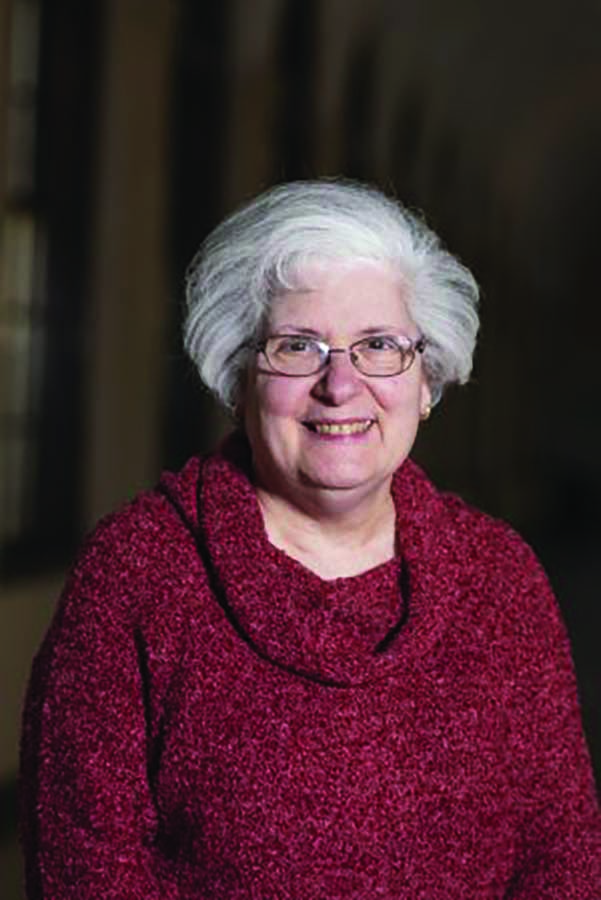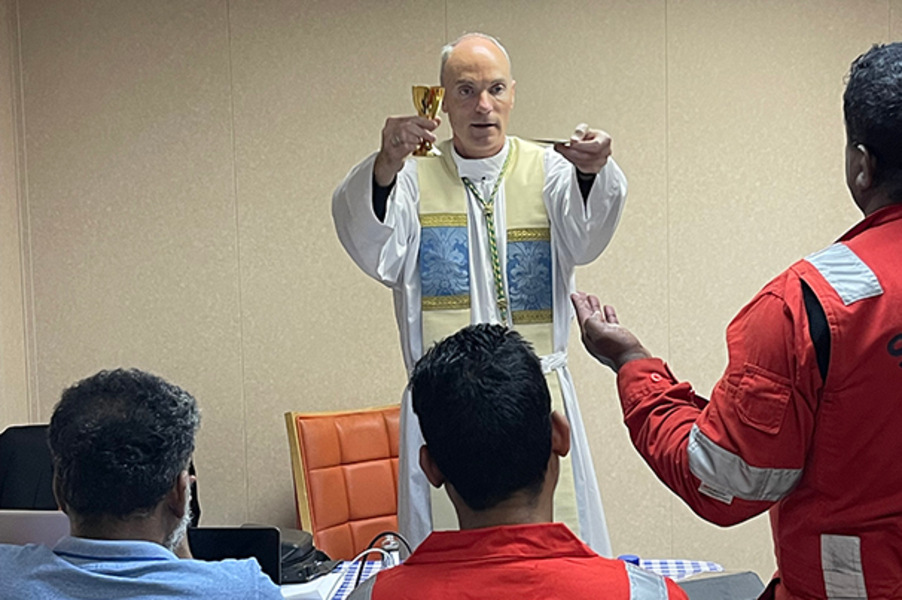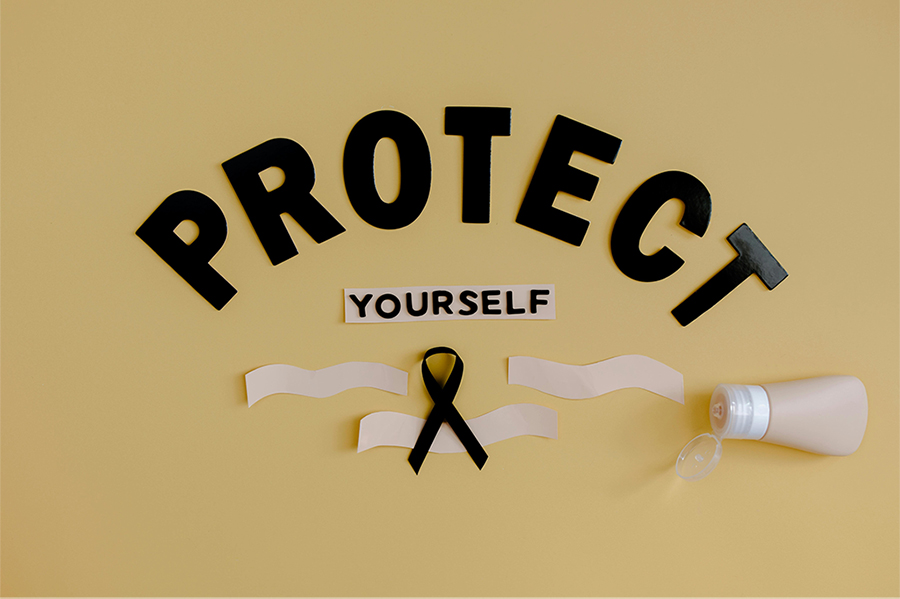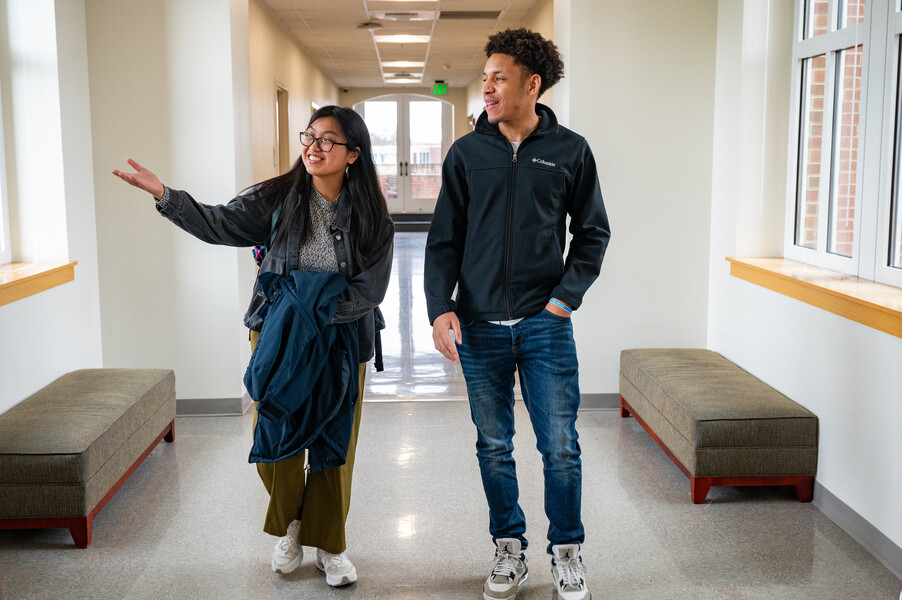As the summer approaches, many parents find themselves contemplating the idea of sending their child to camp for the first time. The decision can be both exciting and nerve-wracking for both parents and children.
For many children, overnight camp is their first time away from home. “It gives them an opportunity to grow and build that self-confidence they’re going to need in life,” said Faith Brake, director of retreat programming for the archdiocesan Monsignor O’Dwyer Retreat House in Sparks.
Brake, who worked the last two years as a missionary at a Catholic youth and family camp in Colorado, saw kids gain confidence after being at a camp just one week.

A child’s first engagement in activities with a team, swimming in a pool and, especially, being away from his or her parents for an extended period of time all contribute significantly to enhancing self-esteem.
“These experiences encourage them to step beyond their familiar surroundings. Working in camps before, I have seen kids make a complete turnaround,” Brake said.
But for some parents, letting go and handing over their children’s safety can be hard. Parents worry about their child getting lost or dealing with food allergies. They also stress about medication and whether their kid will fit in or make friends. “It requires trusting the camp to know what they’re doing,” Brake said.
Dr. Patricia Fosarelli, an instructor of pastoral theology at St. Mary’s Seminary and University who also served on the full-time faculty of The Johns Hopkins Medical Institution in the Department of Pediatrics, said being away from home and family also has its benefits and can help children develop social skills, resilience and confidence.
To help ease this transition, experts suggest these tools and techniques:
Understand your child’s needs
Fosarelli highlights the importance of understanding the child’s needs and tailoring the camp experience to a child’s preferences for smaller or larger groups.
Brake underscored the value of open communication. She suggested parents share their own first-time-away experiences and familiarize their child with the camp location, whether by driving by, using Google Maps or walking through the facilities.
Gradual separation for anxious children
To address separation anxiety, Fosarelli suggested gradual separation before camp: Encourage the child to have a sleepover at a friend’s house or spend a day with family members. Lengthen the time away gradually, starting with a few hours and progress to a whole weekend.
Parents can prepare their child emotionally by normalizing fear and their anxiety by discussing different feelings and providing steps for the child to take when feeling anxious. These include sharing personal experiences and connecting the child with camp leaders or parents of previous campers.
Discuss the camp’s positive aspects. If they are unsure about details, parents are encouraged to contact the camp to learn about the average day, helping set realistic expectations for their child.
“I remember being nervous before going to camp, but my mom connected me with a leader I already knew. Being connected beforehand made a significant difference,” O’Dwyer’s Brake said.
Effective communication during camp
When it comes to staying connected during camp, Fosarelli advised talking with the camp staff about communication methods. Some camps have specific rules about phones, and it’s essential to work out a plan ahead of time. Parents can assure their child by saying, “I’ve already talked to the camp staff, and we’ve worked out a way for me to get a message to you if needed,” Fosarelli said.
To address homesickness, Brake suggested comfort items such as a favorite stuffed animal or pajamas. Some camps offer photo portals to update parents on their child’s activities. Writing letters can also be a great way to stay connected if the camp allows it.
Parents need to communicate, too.
Parents experiencing separation anxiety are encouraged to seek support from other parents who understand, as well as staying busy with daily activities that bring joy.
Avoid projecting worries onto the child and instead look at the child’s readiness and evaluate if it’s the right time and the right camp.
“Even nervous children can have a great time if it’s a camp they really want to be at,” Fosarelli said.
Read More Local News
Copyright © 2024 Catholic Review Media







